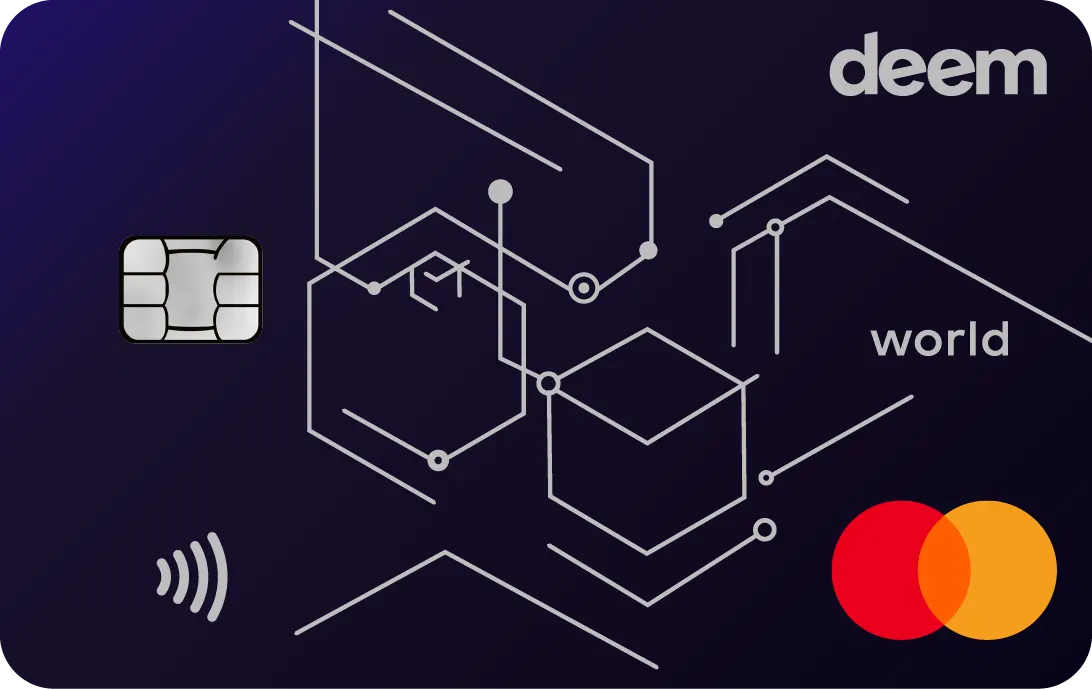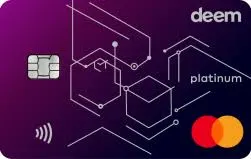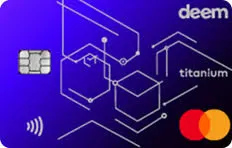Dubai's most reliable banks We provide Titanium, Platinum, World Credit Cards for your needs. Boost your earning potential with Cash Up. Get 10% off airline tickets and shopping, 5% off entertainment, and 3% off groceries and fuel







UAE banks have lenient credit eligibility requirements. If you earn at least 5,000 dirhams a month, you are eligible for a credit card in Dubai, UAE.
For instance, if you're looking for a credit card for a minimum salary of AED 3000, then there is no bank in the UAE that offers a credit card for this amount. The lowest required minimum salary is AED 5000. If your monthly income is less than the requirements, you will need to get a personal loan.
Using a debit card involves drawing funds from your checking account in almost real time. Using a credit card involves charging the amount to your line of credit, so you will have to pay the bill later, which also gives you additional time to pay the bill.
A salary slip credit card cannot be obtained in India without submitting the bank statement from where your salary is credited. The statement lists the transactions made by your employer during the month showing the credit of salary into your bank account.
Credit cards are not available to people whose monthly salaries are less than 4,000 AED. In the UAE, a minimum salary of 5,000 AED will get you the best credit card.
The majority of credit card issuers offer cardholders the option of tapping into an ATM to obtain a cash advance. Customers can withdraw cash at nearly any ATM with their credit cards, just as they would with a debit card, but instead of drawing from a bank account, they receive a credit.
According to their features, credit cards can be divided into three categories: rewards credit cards, low interest and balance transfer cards, and credit-building cards.
Compared to debit cards linked to a bank account, credit cards offer better consumer protection against fraud. Many credit cards no longer charge annual fees, and more debit cards offer similar protections as credit cards.
How it works is as follows. In the event that you do not pay your credit card balance by the due date each month, you are charged interest. Interest is accrued on your balance every day if you carry it from month to month, based on a formula called the Daily Periodic Rate (DPR).
Children can't open their own credit card account until they are 18, and they need to prove independent income until they are 21. Minors can benefit from becoming authorized users on family members' credit accounts even before then.
Every time you spend money with a credit card, you earn rewards at a set rate. For example, you earn two cents back for every dollar you spend when you earn cash back. You get points instead of dollars from credit card point systems (2 points per dollar, for example).
A chance to build credit. A chance to earn rewards like miles or cash back. Credit fraud protection. Access to your credit score for free. International transactions are free.
There are numerous perks offered by credit cards, including dining and travel discounts, access to airport lounges, rental-car insurance, and even credits for streaming services.
A credit card is a form of non-physical payment mechanism for both consumers and businesses, providing a convenient alternative to cash and checks. A credit card provides an unattended convenience and most often, a less expensive alternative to debit cards.
Every month, the government loads the benefit amount onto a card in place of checks. Some benefits, such as Social Security and veterans' benefits, are paid with prepaid cards.
With a credit card, you get easy access to credit. Credit cards, on the other hand, operate on the concept of deferred payment. You use the card to make purchases now, and you pay for them later. The money you spend does not come out of your account, so your financial situation remains intact.
In some cases, you can boost your credit scores by opening new credit lines if they lower your overall utilization ratio. Having a lot of credit lines can hurt your credit score even if you are not using them.
One of the biggest differences between a credit card and a debit card is safety. Credit card purchases are safer compared to debit card purchases, because any fraudulent transaction made using your debit card results in funds being deducted directly from your bank account.